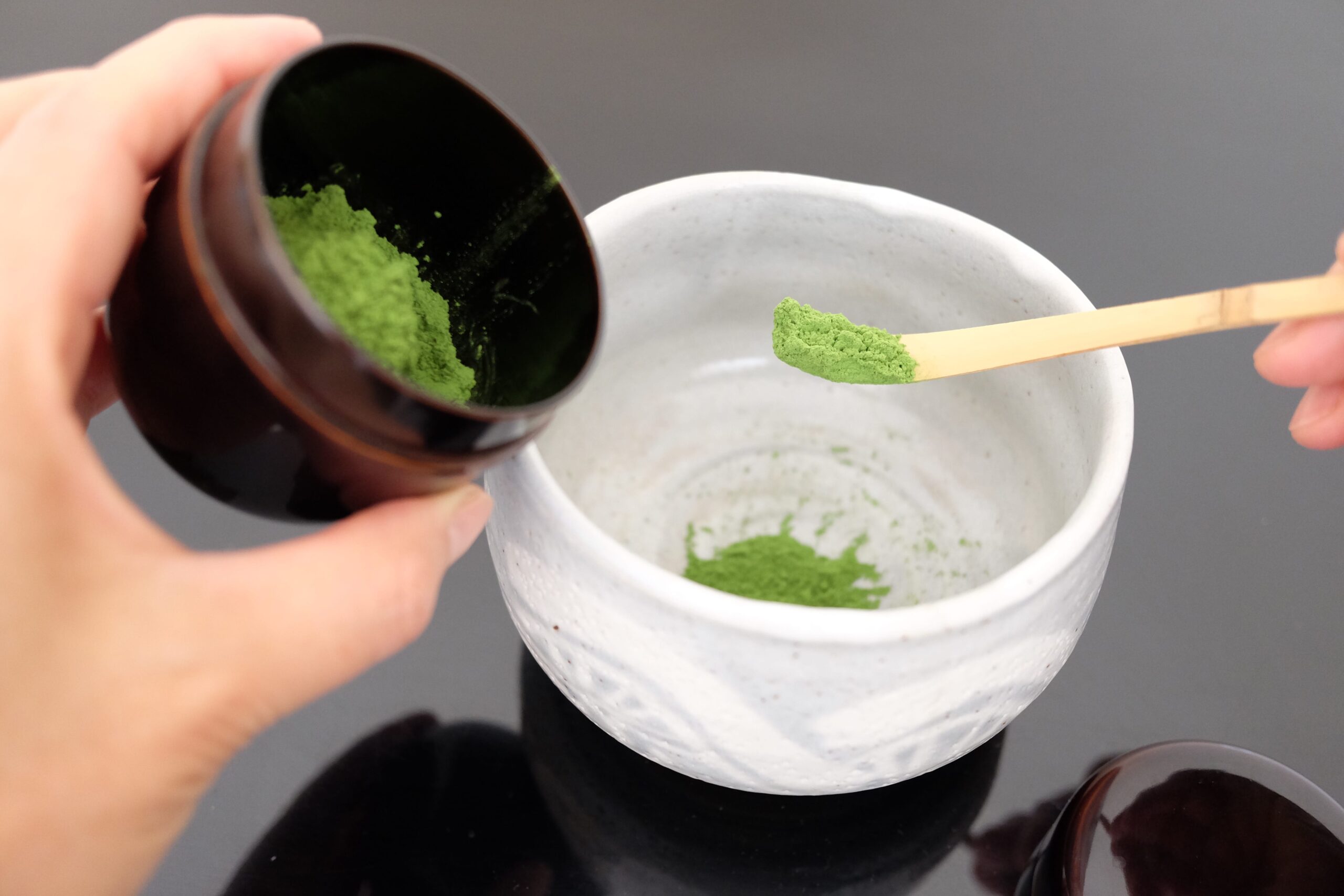And the beneficiary was a Shogun!
Photo by Author
It’s amazing how popular Matcha green tea has become worldwide in the last several years. Here in Seattle, it used to be available only in selected Asian markets. Now I see so many different brands of Matcha even in the nearest grocery store!
Here is a quiz for you!
Who brought Matcha green tea from China to Japan? When?
…
Answer: Eisai (栄西 ). In 13th century.
Eisai 栄西 (1141 – 1215) was a Buddhist monk who went to China to study and brought Rinzai Zen to Japan. With Zen, he also brought the custom of drinking Matcha green tea to Japan.
He even wrote a book called Kissa Yojoki 喫茶養生記 that introduced the health benefits of drinking green tea. Here are the 5 benefits he lists up in his book written in 1211.
- It is a remedy for hangover
Eisai recommended to the then Shogun Minamoto no Sanetomo 源実朝 to drink tea the next morning since if had too much sake. Sanetomo successfully recovered from his hangover. - It keeps you awake
The daily training of Zen monks is rigorous. Monks wake up early, like 3:00 in the morning, clean the temple inside and out, cook their own meals. They have only few hours of sleep every night. By the time they practice meditation in the evening, they get so tired that it’s hard not to doze off. Tea keeps them awake without too much of a buzz. - It relieves indigestion
In his book Eisai lists up several examples of Chinese people suffering from indigestion after eating too much food who were relieved by drinking tea. - It boosts up your energy level
He also mentions that tea boosts your energy level. You feel your body is lighter and more active. - It relaxes your mental status
While tea keeps you awake, it also makes you feel more relaxed. Eisai knew that tea is not merely a stimulant.
Japanese people are all thankful to Eisai for bringing such a wonderful drink from China!
And I’m so thankful to everyone promoting Matcha to the world and advancing its global distribution. Without having to go all the way back to Japan, I can enjoy quite a wide variety of Matcha here in Seattle.
(Although the best ones are still hard to get unless you visit Japan!)
Source:
